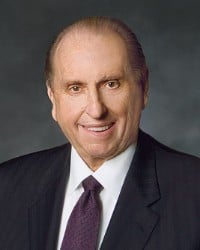
“The past is behind, learn from it. The future is ahead, prepare for it. The present is here, live it.”
LDS Quotes on Knowledge

“The past is behind, learn from it. The future is ahead, prepare for it. The present is here, live it.”
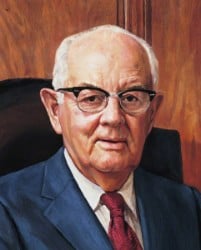
“Of all treasures of knowledge, the most vital is the knowledge of God.”
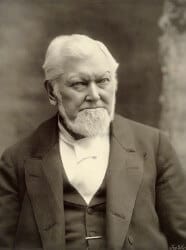
When we get to the other side of the veil, we shall know something. We now work by faith. We have the evidence of things not seen. The resurrection, the eternal judgment, the celestial kingdom, and the great blessings that God has given in the holy anointings and endowment in the temples, are all for the future, and they will be fulfilled, for they are eternal truths. We will never while in the flesh, with this veil over us, fully comprehend that which lies before us in the world to come. It will pay any man to serve God and to keep His commandments the few days he lives upon the earth.
| Teachings of Presidents of the Church: Wilford Woodruff, p. 154

“I have been impressed with the urgency of doing. Knowing is not enough; we must apply. Being willing is not enough; we must do.”
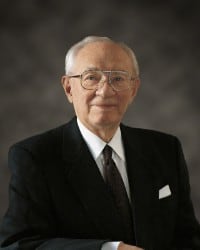
“It is so important that you young men and you young women get all of the education that you can. The Lord has said very plainly that His people are to gain knowledge of countries and kingdoms and of things of the world through the process of education, even by study and by faith.”
| Inspirational Thoughts, Ensign, June 1999, 4.

“How sweet is the assurance, how comforting is the peace that come from the knowledge that if we marry right and live right, our relationship will continue, notwithstanding the certainty of death and the passage of time. Men may write love songs and sing them. They may yearn and hope and dream. But all of this will be only a romantic longing unless there is an exercise of authority that transcends the powers of time and death.”

“Knowledge without labor is profitless. Knowledge with labor is genius.”
| Stand a Little Taller
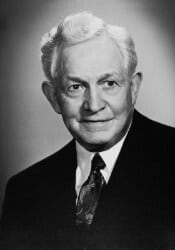
“Man is a spiritual being, a soul, and at some point of his life everyone is possessed with an irresistible desire to know his relationship to the infinite. There is something within him which urges him to rise above himself, to control his environment, to master the body and all things physical and live in a higher, more beautiful world.”
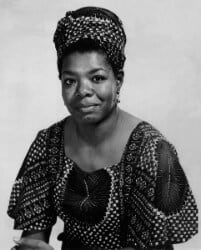
“I did then what I knew how to do. Now that I know better, I do better.”
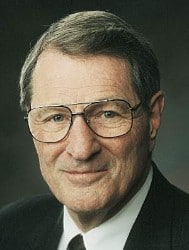
“Many in the world hold back from making the ‘leap of faith’ because they have already jumped to some other conclusions — often the conclusions of Korihor, which are: God never was nor ever will be; there is not a redeeming Christ; man cannot know the future; man cannot know of that which he cannot see; whatsoever a man does is no crime; and death is the end. (See Alma 30:13-18.) The number of modern-day adherents to the Korihor conclusions will grow.”
| “The Inexhaustible Gospel,” Ensign, April 1993, p. 71